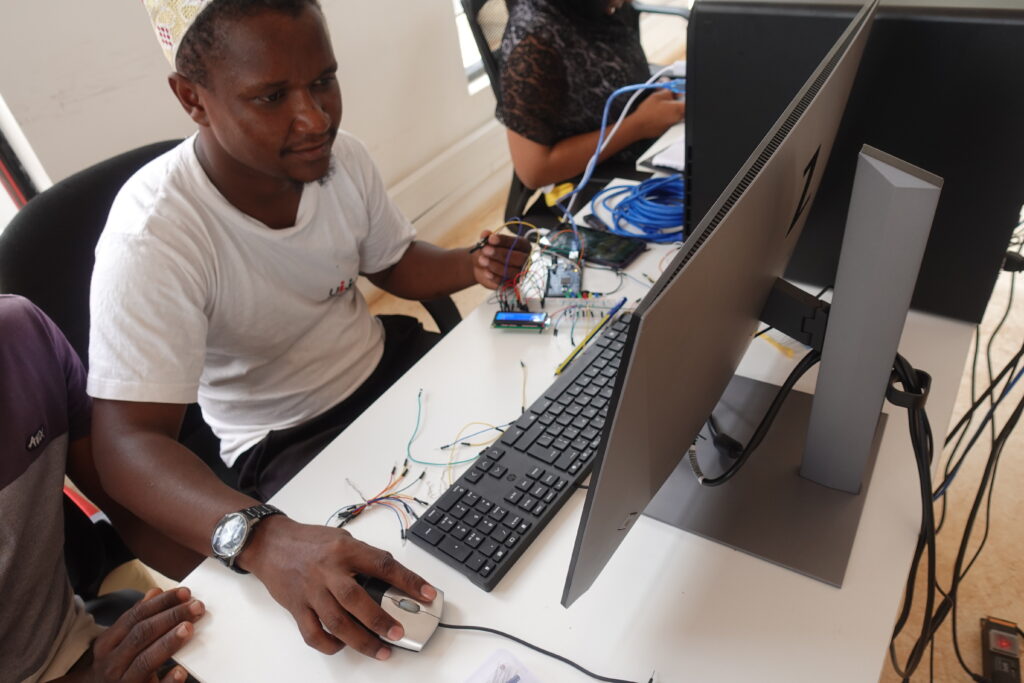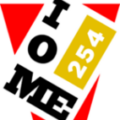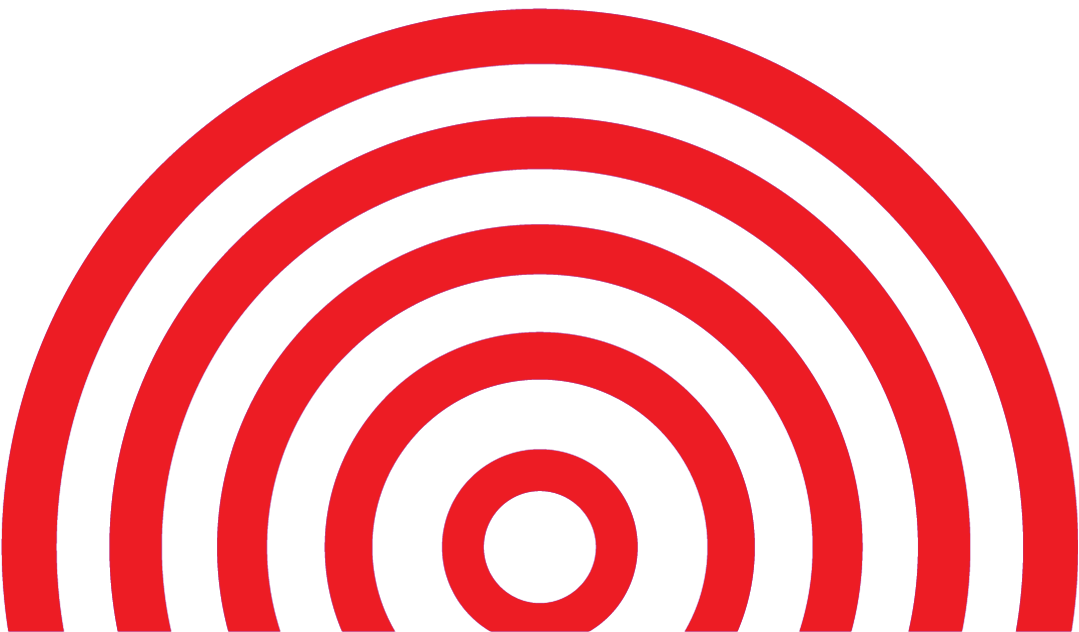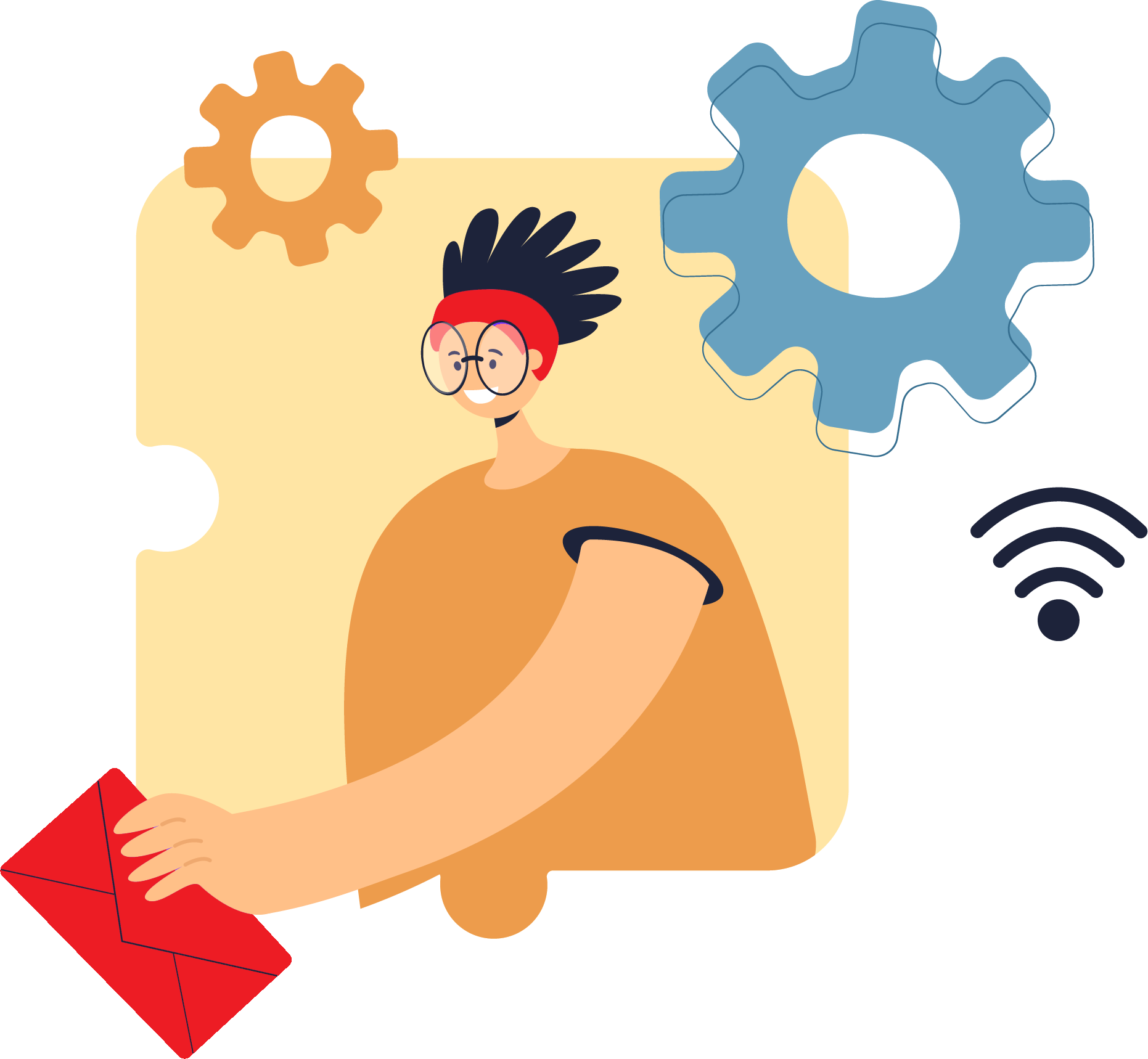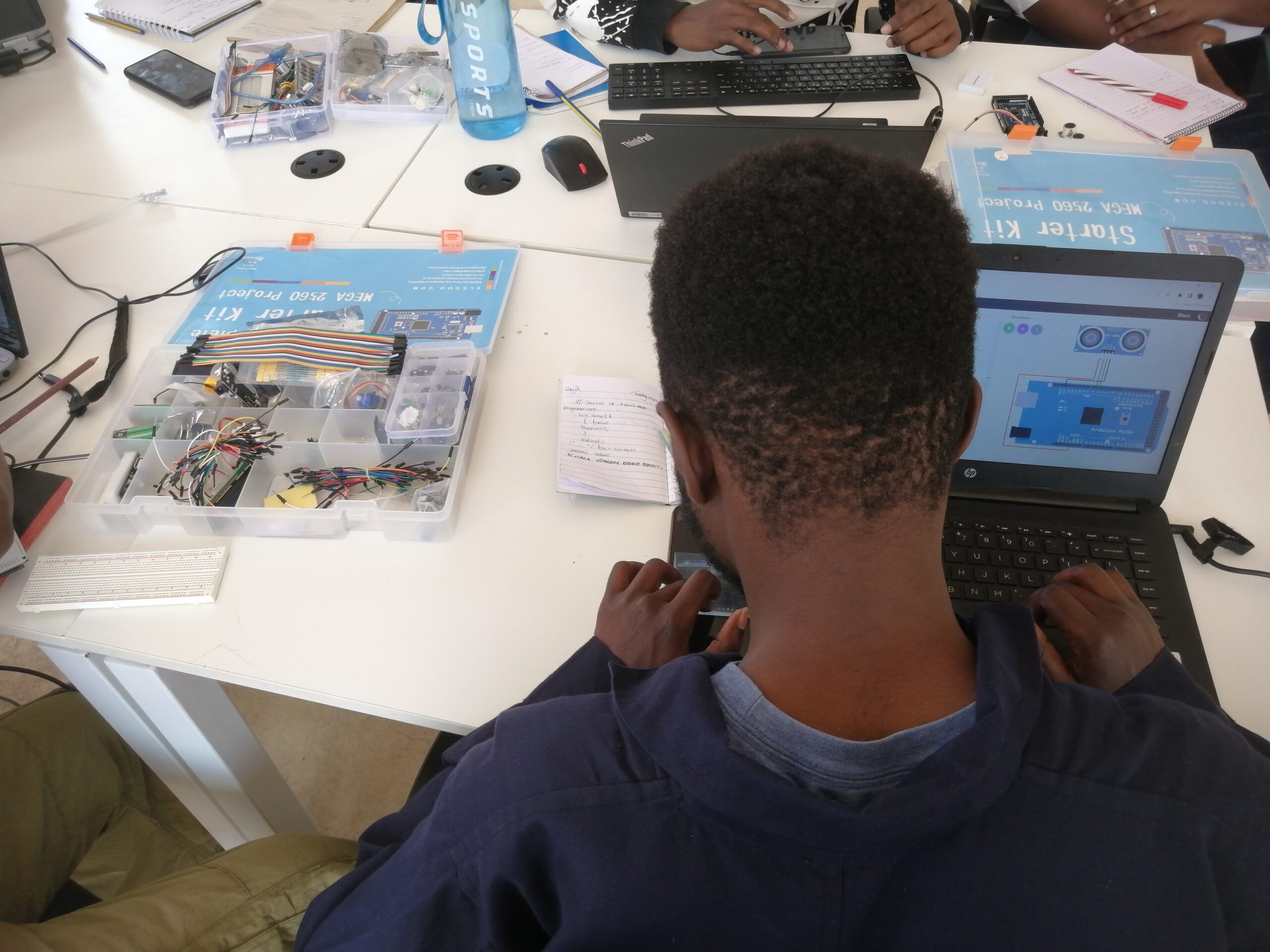
- Derrick
- September 12, 2022
Everyday new technological advancements are introduced to the consumer market. These ideas are designed to ensure that regular human tasks are implemented with ease, efficiency, accuracy and safety.
In order to remain relevant, manufacturers, makers and innovators have had to stay ahead of information on technological changes, learn how to apply them in their sectors of interest and if not using them, then at least develop their products and solutions in anticipation of the new technology to ensure compatibility. The 19th Century saw all the important principles of electricity power generation figured out after which the 20th century was able to expand it to large scale production and distribution for household use. These changes coupled with the invention of the electronic digital computer (20th Century) are now positively affecting modern living with smart devices and even vehicle manufacturers such as BMW, Bentley, Ford, Honda and Toyota promising a carbon neutral future and production of fully electric vehicles within the next three decades.
Changes like this have inspired innovations across all sectors including communication, health, education, manufacturing, food and agriculture, building and construction, and fashion.
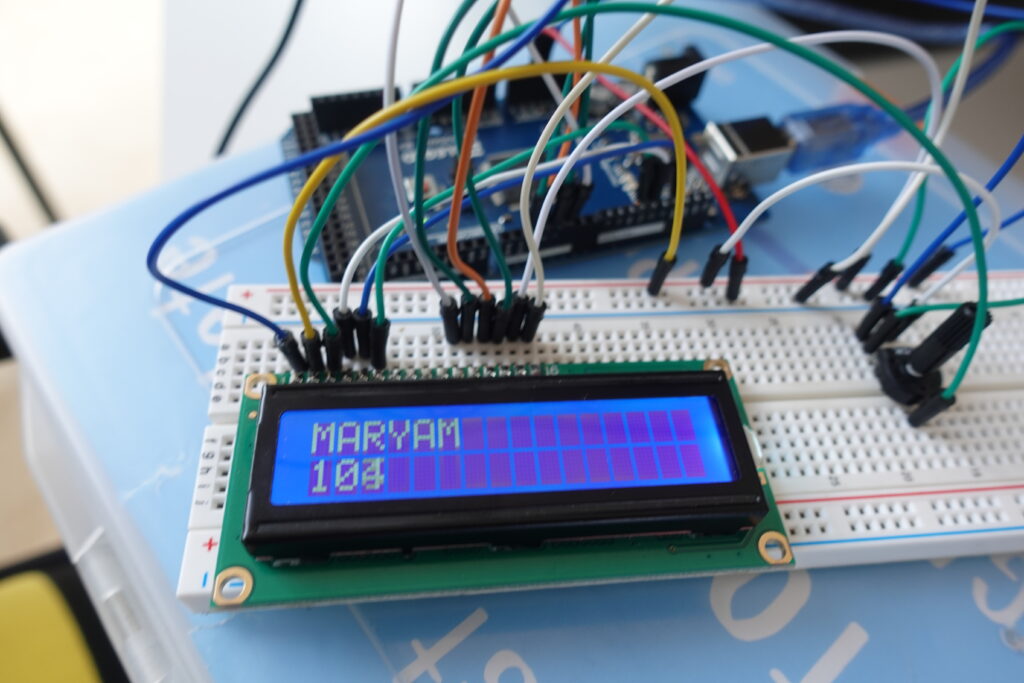
An economy that aims at sustainable growth and stability relies on a dependable workforce of producers and not just consumers. This therefore requires that relevant skills are natured to its most potential workforce, equipping them with tools necessary for innovation, production and access to the consumer market.
Based on the availability of cutting edge digital production technology at the innovation lab, I.O.Me005 kicked of a series of Learning weeks where selected youth are trained on various design and fabrication techniques. The first Learning Week was held from 5th to 9th September 2022, introducing participants to electronics and automation. Dubbed Arduino Learning Week, the five-day workshop exposed 14 participants to different electronic sensors, input devices and output devices using the Arduino kit. They learnt how to write code that programs these sensors and components for use to read and calculate distance, monitor motion, light and darkness, design alarms and automated lighting systems. This training created opportunities for further learning on electronics and using its applications on their projects of interest. The youth saw this as an opportunity to develop and suggest solutions to different community challenges in Lamu including water-based commuter transport, agriculture, security and human-animal conflict.
The program was then followed by 3 more weeks of learning different digital fabrication techniques.
